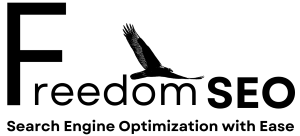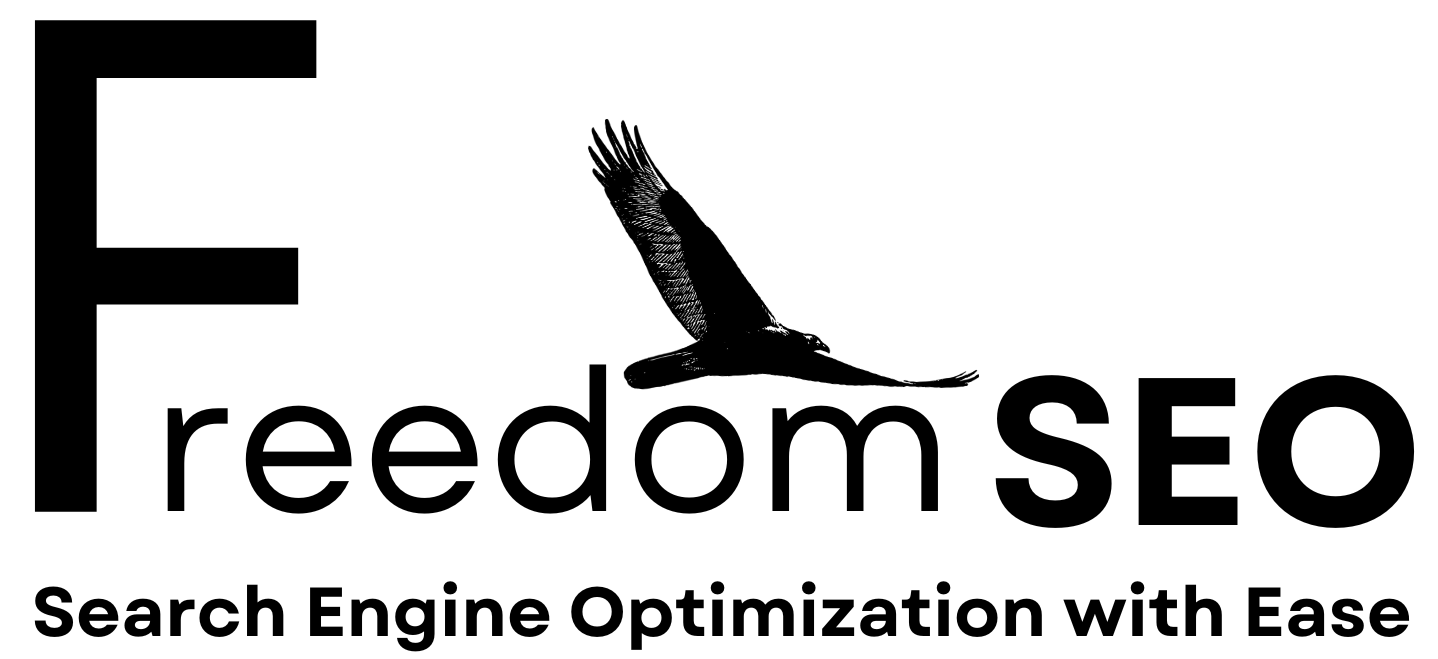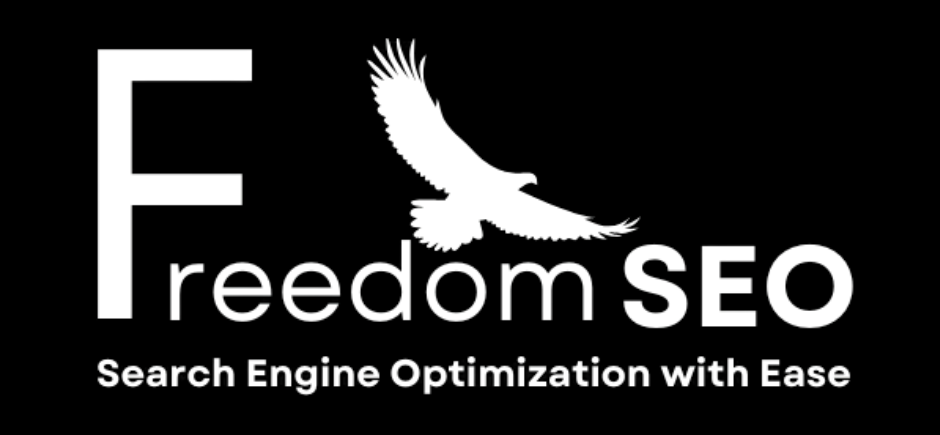SEO Best Practices 2025: Easy Wins for Canadian Business Owners

SEO for Canadian businesses is about to look very different. Search ranking factors are changing fast, and 87 percent of consumers read reviews before choosing local companies . Surprising, right? Most business owners think it’s all about stuffing keywords and tweaking page titles, but those tactics alone won’t cut it anymore. The best SEO wins in 2025 will come from a few simple moves that build real trust and visibility inside your community.
Table of Contents
Quick Summary
| Takeaway | Explanation |
|---|---|
| High-Quality Content is Key | Develop comprehensive, authoritative content that answers user queries and demonstrates expertise to improve SEO performance. |
| Optimize for Technical Performance | Ensure your website is mobile-friendly, fast, and employs structured data to enhance user experience and search visibility. |
| Build Trust with Backlinks and Reputation | Focus on acquiring high-quality backlinks from respected sources and actively manage your digital reputation through reviews and social signals. |
| Leverage Google Business Profile | Maintain an up-to-date Google Business Profile with accurate information and engaging content to boost local search visibility. |
| Utilize Analytics and Monitoring Tools | Use free tools like Google Search Console and Google Analytics to track performance and refine your SEO strategy based on data-driven insights. |

Key On-Page SEO Best Practices for 2025
On-page SEO continues to evolve rapidly, demanding strategic approaches that go beyond traditional optimization techniques. Canadian business owners must understand that search engines now prioritize user experience, content quality, and technical precision more than ever before.
Crafting Strategic Content and Metadata
Content remains the cornerstone of effective SEO strategies. In 2025, search engines are increasingly sophisticated in understanding context and user intent. Successful on-page optimization requires creating comprehensive, authoritative content that directly addresses user queries. According to Search Engine Journal , high-quality content should include in-depth information, answer potential user questions, and provide unique insights.
Page titles and meta descriptions are critical elements that directly impact click-through rates. Aim to create unique, keyword-rich titles under 60 characters and compelling meta descriptions under 160 characters. These elements should not just include keywords but also communicate the precise value proposition of the page. A well-crafted meta description acts like a mini-advertisement for your content, enticing users to click.
Technical Optimization and User Experience
Technical elements of on-page SEO have become increasingly complex. Mobile optimization is no longer optional but mandatory. According to Google’s Mobile-First Indexing Guidelines , websites must provide seamless experiences across all devices. This means responsive design, fast loading speeds, and intuitive navigation.
Structured data (schema markup) has emerged as a powerful tool for enhancing search visibility. By implementing schema markup, businesses can help search engines better understand their content, potentially generating rich snippets that improve click-through rates. Schema.org provides comprehensive guidelines for implementing these technical enhancements.
Page load speed remains a critical ranking factor. Business owners should focus on optimizing image sizes, leveraging browser caching, and minimizing unnecessary scripts. Tools like Google PageSpeed Insights can provide specific recommendations for improving website performance.
Strategic Keyword Integration and Content Architecture

Keyword integration has transformed from simple repetition to semantic understanding. Modern SEO practices require natural, contextually relevant keyword usage. Instead of stuffing content with exact match keywords, focus on creating comprehensive content that comprehensively covers a topic.
Content architecture plays a significant role in on-page SEO. Use clear headings (H1, H2, H3), create logical content structures, and ensure each page targets a specific topic or user intent. Internal linking strategies can help distribute page authority and guide users through related content.
For Canadian business owners, these on-page SEO best practices represent more than technical requirements. They are strategic opportunities to connect with potential customers, demonstrate expertise, and build digital credibility. By focusing on user experience, technical precision, and high-quality content, businesses can develop robust online presences that attract and retain valuable organic traffic.
Remember, successful SEO is not about gaming algorithms but creating genuine value for your audience. Stay updated, be adaptable, and continuously refine your approach based on emerging trends and user behaviors.
How to Build Trust With Off-Page SEO
Off-page SEO represents a critical strategy for building digital credibility and expanding online visibility beyond your website’s immediate content. For Canadian business owners, developing a robust off-page SEO approach is essential in establishing trust and authority within their respective industries.
Strategic Link Building and Digital Reputation
Backlink acquisition remains a powerful mechanism for demonstrating expertise and earning search engine trust. According to Moz’s Link Building Research , high-quality backlinks from authoritative websites signal to search engines that your content is valuable and trustworthy. Not all backlinks are created equal. Focus on acquiring links from reputable industry websites, educational institutions, and government domains.
Guest blogging emerges as an effective strategy for generating meaningful backlinks. By contributing insightful content to respected industry publications, businesses can showcase their expertise while earning valuable link references. Search Engine Journal recommends targeting publications that align closely with your industry and have established readership.
Local collaboration presents another potent off-page SEO opportunity. Participating in community events, sponsoring local initiatives, and partnering with regional organizations can generate authentic backlinks from local directories and media outlets. These local connections not only improve search visibility but also enhance your brand’s community credibility.
Digital Reputation Management and Social Signals
Social media platforms have evolved from mere communication channels to significant trust-building ecosystems. Search engines increasingly consider social signals when evaluating a website’s authority. Consistent, engaging social media presence helps establish brand authenticity and provides additional channels for content distribution.
Customer reviews and testimonials represent powerful off-page trust signals. According to BrightLocal’s Consumer Review Survey , 87% of consumers read online reviews for local businesses before making purchasing decisions. Actively managing and encouraging positive reviews across platforms like Google Business Profile, industry-specific review sites, and social media can significantly boost your digital reputation.
Comprehensive Digital Authority Building
Thought leadership content distributed across multiple platforms can dramatically enhance off-page SEO trust signals. Publishing whitepapers, participating in industry podcasts, speaking at conferences, and contributing expert commentary to media outlets demonstrates deep industry knowledge. Forbes emphasizes that consistent thought leadership positions your brand as an authoritative voice in your field.
Professional networking platforms like LinkedIn offer additional opportunities for establishing digital credibility. Regular, meaningful engagement through posts, comments, and shared insights can help build a robust professional reputation that extends beyond traditional website boundaries.
For Canadian businesses, off-page SEO is not just about manipulating search rankings but genuinely building trust through authentic digital interactions. By focusing on quality connections, valuable content distribution, and consistent professional representation, businesses can create a compelling online presence that resonates with both search engines and potential customers.
Remember, trust is earned through persistent, genuine efforts. Your off-page SEO strategy should reflect your commitment to providing value, maintaining integrity, and contributing meaningfully to your industry’s digital ecosystem.
Local SEO Tips for Canadian Businesses
Local SEO represents a critical digital strategy for Canadian businesses seeking to capture nearby customers and establish strong regional market presence. As competition intensifies, understanding nuanced local search optimization techniques becomes essential for sustainable business growth.
Google Business Profile Optimization
Your Google Business Profile (GBP) serves as the primary digital storefront for local searches. According to Google’s Local Search Guidelines , complete and accurate business information significantly improves local search visibility. Ensure your profile includes comprehensive details such as precise business category, operating hours, contact information, and high-quality images representing your business.
Strategic profile management goes beyond basic information. Regularly update your GBP with posts, respond to customer reviews, and add relevant photos that showcase your business’s unique characteristics. SEMrush research indicates that businesses with consistently updated profiles receive 2.7 times more perceived credibility from potential customers.
Local Citation and Online Directory Management
Consistent business information across online platforms is crucial for local SEO success. This concept, known as NAP (Name, Address, Phone Number) consistency, helps search engines validate your business’s legitimacy. Conduct a comprehensive audit of your online listings across platforms like Yelp, Yellow Pages, and industry-specific directories to ensure uniform information.
Local link building represents another powerful strategy for enhancing regional search visibility. Collaborate with local chambers of commerce, participate in community events, and seek opportunities for mentions from reputable local websites. Moz’s Local Search Ranking Factors emphasizes that quality local backlinks can dramatically improve search engine trust and visibility.
Hyperlocal Content and Community Engagement
Creating content that speaks directly to your local audience can significantly boost local SEO performance. Develop blog posts, videos, and social media content that address region-specific challenges, highlight local events, and demonstrate community involvement. For Canadian businesses, this might include discussing local industry trends, sharing region-specific insights, or showcasing community initiatives.
Customer reviews play a pivotal role in local search rankings. According to BrightLocal’s Consumer Review Survey , 87% of consumers read online reviews for local businesses. Implement strategies to encourage satisfied customers to share their experiences, such as follow-up emails, review request cards, or post-service communication.
Mobile optimization remains crucial for local SEO. Ensure your website provides a seamless mobile experience, with fast loading times and easy navigation. Google’s mobile-first indexing means that your mobile site’s performance directly impacts local search rankings.
For Canadian entrepreneurs, local SEO is more than a technical exercise. It represents an opportunity to build genuine connections with your community, demonstrate local expertise, and create meaningful digital touchpoints that convert online visibility into real-world business opportunities.
Remember, successful local SEO is about authenticity, consistent engagement, and providing genuine value to your local audience. Stay committed to representing your business honestly, responding to community needs, and continuously adapting to evolving digital landscapes.
Simple Tools and Tracking for DIY SEO Success
For Canadian business owners navigating the complex world of search engine optimization, having the right tools and tracking mechanisms can transform DIY SEO from an overwhelming challenge to a manageable and strategic process. Understanding which tools to use and how to interpret their insights is crucial for sustainable online growth.
Essential Free Analytics and Tracking Platforms
Google Search Console emerges as a foundational tool for any business seeking to understand their search performance. According to Google’s Official SEO Guide , this platform provides critical insights into how Google crawls and indexes your website. Business owners can track search performance, identify indexing issues, and understand which search queries are driving traffic to their site.
Google Analytics complements Search Console by offering deeper user behavior insights. Search Engine Journal highlights that this tool allows businesses to track visitor origins, page interactions, session durations, and conversion rates. By understanding these metrics, Canadian entrepreneurs can make data-driven decisions about their content and marketing strategies.
Technical SEO Audit and Optimization Tools
Website crawling tools like Screaming Frog provide comprehensive technical SEO audits. These tools systematically analyze your website, uncovering critical issues such as broken links, duplicate content, missing meta descriptions, and crawlability problems. For small businesses with limited technical resources, such tools offer an affordable way to conduct professional-level website diagnostics.
Keyword research tools represent another vital component of DIY SEO success. Platforms like Ubersuggest and Google Keyword Planner enable businesses to discover relevant search terms, understand search volumes, and assess keyword difficulty. These insights help in crafting content strategies that align with actual user search behaviors.
Performance Monitoring and Continuous Improvement
Effective SEO is not a one-time task but an ongoing process of monitoring and refinement. Moz’s Local SEO Guide recommends establishing a consistent performance tracking routine. This involves regularly reviewing key metrics such as organic traffic, search rankings, click-through rates, and user engagement.
Many free and affordable tools offer comprehensive SEO tracking capabilities. Google’s PageSpeed Insights helps optimize website performance, while GTmetrix provides detailed loading speed and performance reports. These tools not only help improve search rankings but also enhance user experience.
For Canadian business owners, the key is not to get overwhelmed by the multitude of available tools. Start with free, user-friendly platforms and gradually expand your toolkit as you become more comfortable with SEO concepts. Remember that tools are meant to provide guidance, not to replace strategic thinking and quality content creation.
Successful DIY SEO requires a combination of the right tools, consistent effort, and a willingness to learn and adapt. By leveraging these tracking and optimization platforms, Canadian businesses can level the playing field, compete more effectively online, and turn their digital presence into a powerful growth engine.
Remember, the most sophisticated tools are only as good as the strategy behind them. Approach SEO as a continuous learning journey, stay curious, and always prioritize creating genuine value for your audience.
To help you understand which free and paid tools are available for SEO analysis and optimization, here’s a summary of common SEO tools and their primary uses:
| Tool | Main Purpose | Free/Paid |
|---|---|---|
| Google Search Console | Track indexing & search performance | Free |
| Google Analytics | Website user analytics & behaviour | Free |
| Screaming Frog | Technical SEO audits & crawling | Free/Paid |
| Ubersuggest | Keyword research & content planning | Free/Paid |
| Google Keyword Planner | Keyword volume & trends | Free |
| PageSpeed Insights | Website speed & performance analysis | Free |
| GTmetrix | Detailed site performance reports | Free/Paid |
Local SEO relies on several factors working together. The table below summarizes essential local SEO elements and the specific actions that support each:
| Local SEO Element | Example Actions |
|---|---|
| Google Business Profile | Update business info, add posts & photos, respond to reviews |
| NAP Consistency | Audit & match name, address, phone across all directories |
| Local Backlinks | Partner with community orgs, sponsor events, get local media links |
| Hyperlocal Content | Blog about local trends, events, or customer stories |
| Online Reviews | Request feedback, follow up post-sale, monitor review platforms |
| Mobile Optimization | Use responsive design, test loading speeds, easy navigation |
Frequently Asked Questions
What are the key on-page SEO best practices for 2025?
The key on-page SEO best practices for 2025 include crafting strategic content that answers user queries, ensuring technical optimization for mobile-friendliness and loading speed, and integrating keywords naturally within a logical content structure.
How can Canadian businesses build trust through off-page SEO?
Canadian businesses can build trust through off-page SEO by acquiring high-quality backlinks from reputable sources, managing their digital reputation through reviews, and engaging in thought leadership content to demonstrate industry expertise.
What is the importance of local SEO for Canadian businesses?
Local SEO is crucial for Canadian businesses as it helps them capture nearby customers, establish a strong regional market presence, and improve their visibility in local search results, leading to increased engagement and sales.
Which tools are recommended for DIY SEO success?
Recommended tools for DIY SEO success include Google Search Console for tracking search performance, Google Analytics for user behavior insights, Screaming Frog for technical audits, and Ubersuggest for keyword research.
Ready to Turn SEO Best Practices into Real Local Growth in 2025?
Are you tired of struggling to get your business in front of local Canadian customers even after following the latest SEO trends? The article highlighted rising challenges like staying visible among competitors, mastering both on-page and off-page techniques, and building true digital trust. If you want to see your business in the top 3 spots on Google right where your customers are searching, it’s time to turn guidance into action with expert support from real Canadians.

Stop guessing and start ranking. Let the team at Freedom SEO do the heavy lifting. We combine advanced strategies for local SEO services in Canada with the tactics covered in the article to help your Google Business Profile shine and boost your site to the top. Businesses that act quickly get ahead of the curve. Book your free consultation today at Freedom SEO and discover how fast you can start climbing the rankings.
Recommended

















